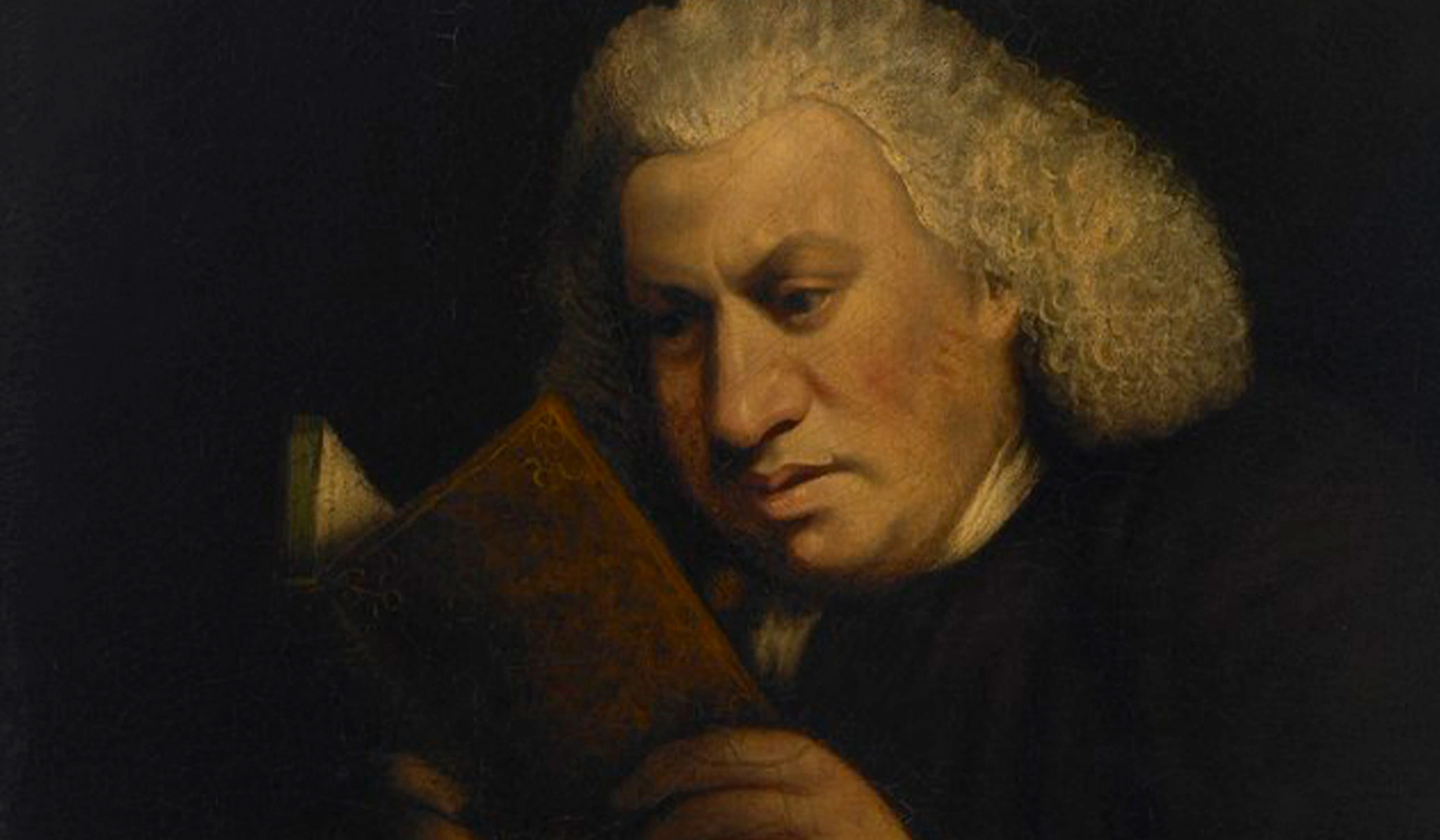The creator of the first great English dictionary, Samuel Johnson, once wickedly mocked his own trade by defining a lexicographer as “a harmless drudge, that busies himself in tracing the original, and detailing the signification of words.” Yet, dictionaries are serious business, and the people who devote themselves to them are anything but harmless. Dictionaries are repositories of erudition, monuments to linguistic authority, and battlefields in cultural and political struggles. They have been the subject of messianic fervor, decried as evidence of cultural collapse, and relied on in judicial decisions.
Last year, a kerfuffle broke out in southwest Florida about the danger of dictionaries. A school district made headlines for rejecting a donation of dictionaries, as a new state law required that all reading materials in schools be “selected” by a certified education-media specialist. Since schools could not make new hires, many struggled to comply with the new law, causing delays in the selection of reading materials and eyebrow-raising outcomes like rejecting the donated dictionaries.
Lexicography is the ultimate illustration of delayed gratification. Lexicographers work for years, day by day, on the minutest points of language, keeping up painstaking accuracy without which the entire project will ruin their reputation. They have minimal interaction with others because conversation fritters away the time of not just one person but at least two. They must complete a certain number of entries per hour if they are to make the publishing deadline several years hence, and they must do this day by day, without fail.
By the time they reach the most prolific letter in the alphabet, they wonder whether they can continue to subsist, much less retain their sanity. And what will the gratification be, in the end? It will be simply the knowledge of a job well done, whose intricacies can be appreciated by almost no other human being besides themselves.
Yet, lexicographers can have a tremendous impact on the world. Not just huge sums of money but also people’s lives may depend on the interpretation of a word. When judges take the legislature at its word, they want to discover the most plausible meaning. Dictionaries are cited by courts more often than any other type of scholarship.
People in general can become exercised about what dictionaries say. In the 1980s, Robert W. Burchfield, chief editor of the Oxford English Dictionary, received anonymous death threats prompted by the inclusion of a racially charged term. And just last year, Merriam-Webster had to shut down its offices over emailed death threats incited by the editors’ newly revised treatment of transgender-related terms like boy and girl.
Lexicography has had its share of breathtaking adventures. Sometimes the exploits occur purely within the confines of domesticity. Consider Thomas Cooper, a lexicographer who worked long before computers or even photocopiers existed. In the mid-1550s, he was seven years into his marriage and halfway through his big Latin dictionary. He had labored for more than a decade, and he worked late each night to bring it closer to completion. There was one master copy of his manuscript. His resentful wife had come to view that stack of papers as an enormous symbol of his connubial neglect. And so late one night, after her dictionary-crazed husband had fallen into a slumber, she tossed his beloved manuscript into the fire, turning the whole thing to ash. Cooper somehow forgave his wife, calmly started anew, and completed the dictionary in 1565.
When Samuel Johnson defined lexicographer secondarily as a harmless drudge, he meant to be denotatively accurate with drudge but self-deprecatingly facetious with harmless. Dictionaries are serious business, and the people who devote themselves to them are anything but harmless.

